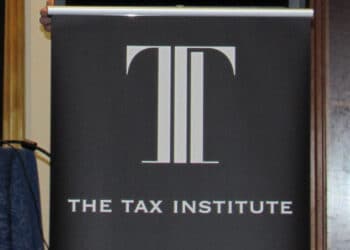Speaking in a webinar, SMSF Academy director Aaron Dunn said there has been a lot of commentary about the proposed requirements for events-based reporting with the ATO encountering “quite a bit of industry pushback”.
“As a result of this industry pushback, the ATO has undertaken a lot of consultation meetings with the professional bodies, the software providers and the professionals in general around the implementation of event-based reporting,” said Mr Dunn.
“[The ATO] are taking on board a lot of the concerns that exist around the current time frames, in particular, the 10-day period after the end of the month,” said Mr Dunn.
One of the key concerns that has been raised by the SMSF industry, he said, is that there are a lot of inconsistencies in respect to the varying reporting time frames for different events.
While he said it is commendable that the ATO has introduced carve-outs to deal with events that would be difficult for SMSFs to report in 10 days such as the commencement of pensions, these inconsistencies are also leading to confusion.
“This inconsistency is really the main issue at the moment, so if I was a betting man, I think we may end up with end of quarter reporting,” said Mr Dunn.
“There is going to need to be a reporting requirement, we’re never going to get away from that, and it’s never going to be just an annual reporting requirement, simply because we need to ensure timely reporting of events.”



Reporting within 28 days of the end of the quarter for all superannuation funds – industry, retail and SMSF would make sense. Then the ATO gets all the information at the same time and can assess transactions that go onto and off the transfer balance cap accounts of all members in the same period, and then the ATO can issue the necessary over cap notices etc in one batch based on what has been activated in that quarter. The reporting can still advise what dates the transactions happened, but it helps avoid the unnecessary issuing of breach notices because some funds report earlier or faster than others. A little uniformity in this area across the whole superannuation industry while novel would be the best solution for everyone.
Most small businesses and a lot of SMSFs that are required to be registered for GST are used to doing quarterly BAS within 28 days (or longer under specific circumstances) so it would make sense to have SMSFs have those same time frames because a lot of the trustees would be used to that. Monthly reporting within 10 days will not be achievable as the accountants that advise the SMSFs simply will not be able to cope and will inevitably apply for extensions anyway, so why not set it up sensibly to start with
Remember the shemozzle when GST was introduced and the onerous reporting requirements in short time frames caused chaos, and were eventually softened so don’t make the same mistake